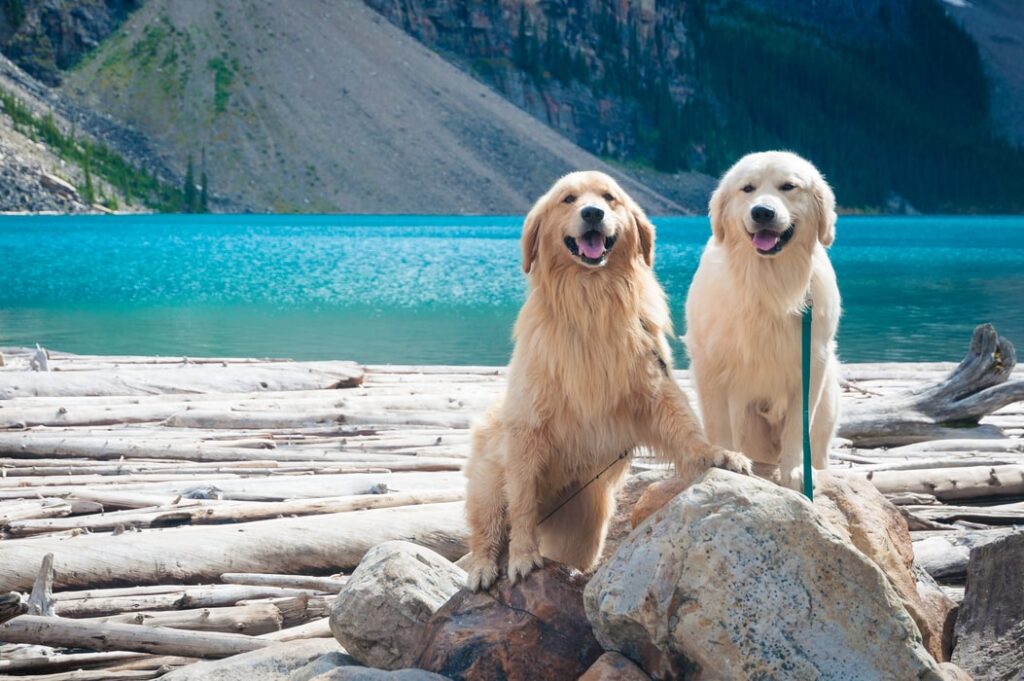Although dogs are very similar in appearance to wolves: they have something in common in appearance, but still, a wolf is a wild animal that lives in completely different conditions. They always avoid meeting a person, and independently get their own food. Dogs, on the other hand, live only in human settlements or near them. Even wild dogs are found near human settlements and are scavengers, not hunters.
How did the domestication of dogs come about?

Where did dogs come from?
If earlier there was a theory that dogs descended precisely from wolves, then for the last 70 years, thanks to the works of geneticists Dmitry Belyaev and Lyudmila Trut, we know that they most likely come from another subspecies, since 15 thousand years ago they separated from wolves. Their DNA is 99.8% similar, but the development, the formation of groups, the attitude towards people are completely different.
In Hungary, a scientific experiment was carried out by Dr. Eniko Kubigny, who decided to bring up wolf cubs 5 days of age, whose eyes had not yet opened. The wolf puppies had separate educators who spent time with them: they slept together, ate, exercised, trained, that is, they got as close as possible so that the wolf cubs could be domesticated. But as they approached 8 weeks of age, they began to exhibit different behaviors. They showed no interest in caregivers and avoided prolonged contact.
From whom the dogs came
The wolf can be tamed, but not domesticated
Scientists have come to the conclusion that a wolf can be taught to be tame and even taught some techniques, but at the genetic level it will never become a domestic dog. And most importantly, an adult wolf will not genetically give tame offspring, the cubs will need to be socialized again so that they are with people all the time. In short, they can be tamed, but not domesticated. Dogs, on the other hand, while still puppies, look for a person’s gaze, try to please him, therefore they are so easy to train, and they are quickly trainable.
Thanks to Belyaev and Trut, projects were organized to socialize foxes so that it would be easier to kill them without injuring the skin and selling it at a higher price. The foxes were selected on the basis of only one criterion – less fear of humans. Next, a loyal offspring was selected, which itself approached people. After 18 generations of foxes, they became more like dogs, they began to give birth to foxes with drooping ears, like Labradors, with a small body, a small skull, and even the color of their fur changed – they became spotted, multi-colored, and not just red.
What is known about the domestication of dogs

Thanks to these data, Raymond and Laura Coppinger put forward a theory that most scientists now agree with. The ancient man did not have the opportunity to select wolves according to certain criteria, to take them to his families, so that later normal wolf cubs were born and could live with them. Dogs domesticated themselves, people did not do this and did not take them with them to hunt. The wolf will not divide the prey or guard the herd, for him it is game, and will also not drag the sleigh, because personal space is important for them. It turns out that dogs are a result of natural selection, and the role of man did not matter. They looked for food in the form of scraps and excrement from people who also ate.
Wolves with less fear approached the settlements and thus developed. The more food there is, the greater the chance of reproduction and the chances of survival of the offspring. It was on the signs of a critical distance (i.e., flight from a person) that the hypothesis of the self-domestication of a dog by natural selection appeared. The populations of wild wolves thus began to split into separate groups, with evolving genes, and the first forefathers of dogs appeared. They had a smaller body size, their heads and teeth became proportionally smaller, and their brain shrank. This was enough for normal nutrition and procreation.
